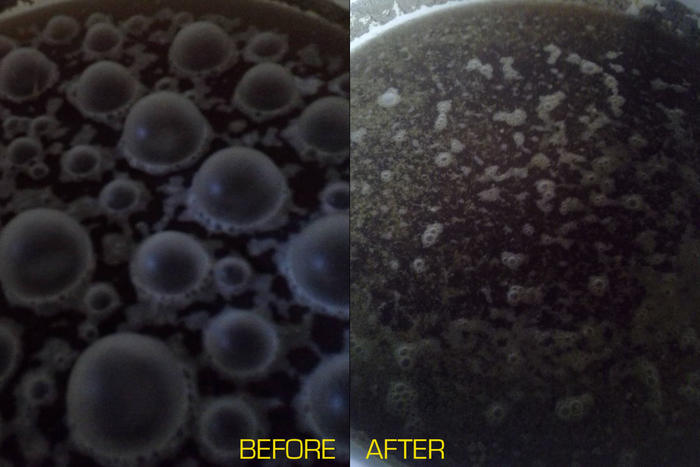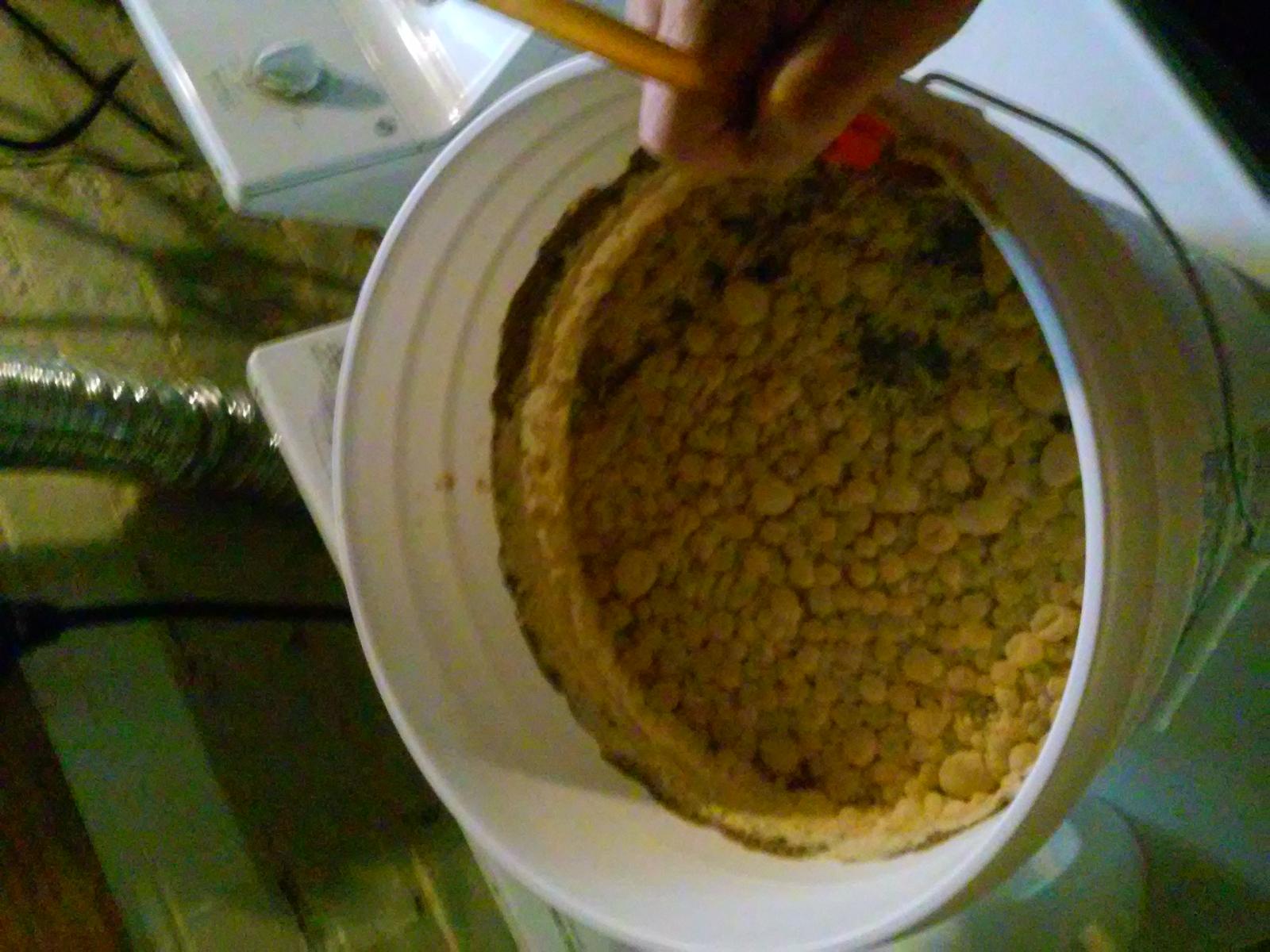Let's try this, let's run through your entire process of sanitization, cooling, etc, include info like where you are storing the beer, what is nearby and all that sort of info. I've already found one immediate flaw with your sanitization process, starsan (and most/all no rinse sanitizers) require you to immerse your equipment in it for at least one full minute (read the instructions and you'll see exactly what I'm talking about); anything less means you haven't properly sanitized your equipment. A quick spray of sanitizer won't work well enough, nor will a boil.
I have a very good spray bottle, it's coats it completely and then some and I'm not shy about using it? I do soak when kegging. so...
Grain, fermenters, equipment in the same room in basement... I crush same area as well. All grain is in buckets with gamma lids. The only thing I leave outside is the keggle and IC.
Process:
1. Fill alum turkey fryer with mash water
2. crush grain in fermenter bucket
3. add water to tun, then grain, stir etc...
4. Fill alum turkey fryer with sparge water and wait 60 mins, drain tun
5. add sparge water
6. take bucket outside and pour into keggle, usually 2+ gallons
7. drain tun again... take outside pour, bring to boil. Usually keep stove in garage just behind the garage door in case I need to close it.
8. add hops, etc... 60 mins.
9. 15 mins before finish, spray off IC and get it ready... add ice/water to bucket for first coil feeding to the IC. Wash and spray out bucket with starsan. Spray hose from keggle to bucket with starsan. Starsan off lid and airlock in basement. starsan what my yeast is in, either starter flask or sometimes I pitch right from collected jars from previous brews.
9. remove SS hop spider
10. add IC, turn on water hose, cool to 65...
11. carry down to basement, spray lid again, spoon (if using slurry) and yeast container, add yeast, cover with lid... add little crushed campden into airlock, add distilled water into airlock after.
12. let it sit for 2-3 weeks
13. spray off lid, hands, arms, etc... open check if all good close... if I do a gravity reading spray inside and out of the thief then put into bucket then put lid back on... usually drink what's in thief and dump rest if any... clean and then starsan it when done.
14. 4-10 weeks when keg kicks on keezer I fill keg with starsan, shake, spray off auto siphon in and out, and siphon a bit back into keg. Usually that's by the dryer which is in another room. Empty keg of starsan.
15. get bucket of beer, put on top of dryer and siphon it into the keg.
16. put keg into keezer, co2 on check for leaks... etc....
17. starsan spoon, mason jars and lids, usually 2 quarts... spoon yeast into jars, close lids, put into fridge.
18. green scrub out the bucket, siphon, airlock, lid, etc clean, spray in/out with starsan, put upside down on ground and couple days put it back on shelf until next time.
My usual process ha...




